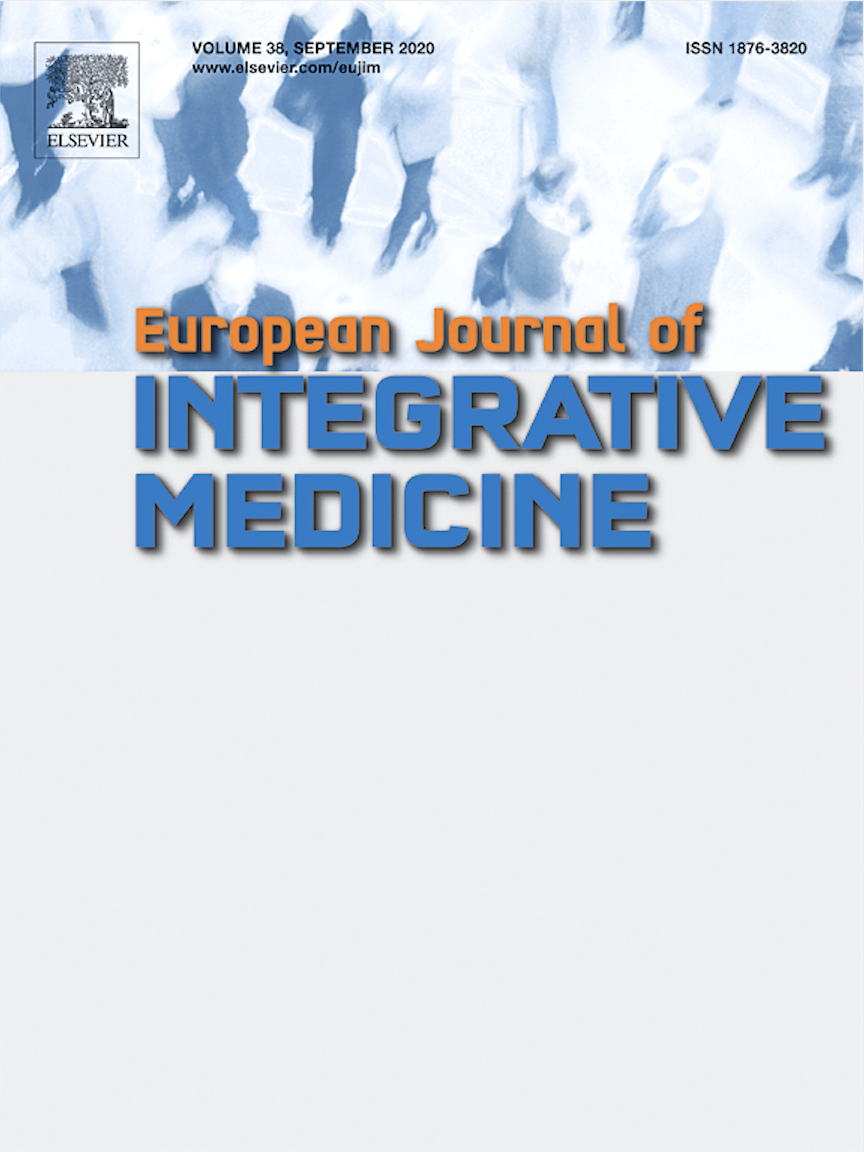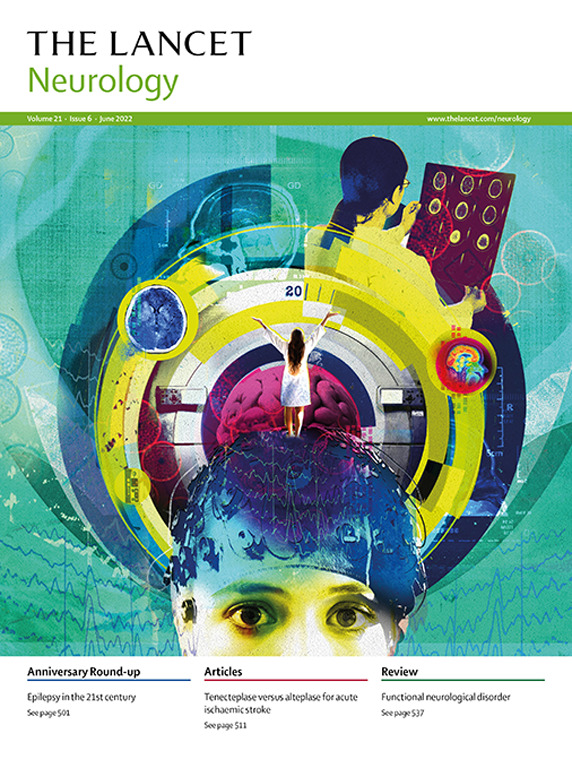Liu Wei Di Huang Wan
How to submit an article:
- Registered users can submit any published journal article that has a unique DOI (Digital Object Identifier) name or link to Research Hub.
- For example, you can paste the full DOI link:
https://doi.org/10.1109/5.771073or just the DOI name:10.1109/5.771073into the field above and click submit. - The person who is first to submit a valid article to Research Hub will forever be credited for it, and every article submission earns you +6 Research Points.
Published research studies are articles that present the findings of original research that has undergone a peer-review process and has been made publicly available in scholarly journals, books or other media.

The Mechanisms of Improving IVF Outcomes of Liu-Wei-Di-Huang Pill Acting on DOR Patients
2020 Oct 31 Evidence-Based Complementary and Alternative Medicine Xiao J, Song J, Sa Y, Yuan L, Guo J, Sun Z
The study displayed that the established pseudotargeted metabolomics strategy is a powerful approach for investigating the mechanism of DOR and LWDH. In addition, the approach may highlight biomarkers and metabolic pathways and can capture subtle metabolite changes from headache, which may lead to an improved mechanism understanding of DOR diseases and LWDH treatment.
Network Pharmacology Randomised Controlled Trial Liu Wei Di Huang Wan IVF Decreased ovarian reserve (DOR)
Molecular mechanism of action of Liuwei Dihuang pill for the treatment of osteoporosis based on network pharmacology and molecular docking
2020 Jan European Journal of Integrative Medicine Feng P, Che Y, Chen DQ
Our bioinformatic analyses suggest that Liuwei Dihuang pill (LDP) may be useful for the treatment of osteoporosis mainly by regulating proliferation and apoptosis signaling pathways, improving bone microenvironment, and regulating hormone and enzyme activities.
Network Pharmacology Liu Wei Di Huang Wan Liu Wei Di Huang pills Osteoporosis
Parkinson's disease in traditional Chinese medicine
2019 Jun 07 The Lancet Neurology SongLi, WeidongLe
Review Article Parkinson's Disease Liu Wei Di Huang WanTraditional Chinese Medicine provides a valuable, holistic approach to Parkinson's disease prevention and treatment, offering another angle besides Western medicinal practices.

A survey of Korean medicine doctors’ clinical practice patterns for autism spectrum disorder: preliminary research for clinical practice guidelines
2018 Mar 13 BMC Complementary Medicine and Therapies Lee J, Lee SH, Lee B, Yang IJ, Chang GT
The present study demonstrated the current status of KMDs’ diagnosis and treatment of ASD.
Liu Wei Di Huang WanResearch insights are moderated by the Research Hub team and offer an at-a-glance overview of interesting research findings.

2019 The Lancet Neurology
Traditional Chinese Medicine provides a valuable, holistic approach to Parkinson's disease prevention and treatment, offering another angle besides Western medicinal practices.
Review Article Parkinson's Disease
Parkinson's disease in traditional Chinese medicine
SongLi, WeidongLe
Review Articles
Review articles summarise and critically evaluate the current state of research on a specific topic or field by synthesising multiple primary research studies.
Clinical Trials
Clinical trials are research studies that involve people and are conducted to evaluate the safety and efficacy of new treatments or interventions, such as drugs, medical devices, or behavioural therapies.
Study Protocols
Published study protocols are detailed plans that outline the objectives, methodology, statistical analyses, and organisation of a research study that have been made publicly available for others to review and use as a reference.
Presentation Slides

Review Article
Traditional Chinese Medicine provides a valuable, holistic approach to Parkinson's disease prevention and treatment, offering another angle besides Western medicinal practices.
SongLi, WeidongLe
Executive Summary
Write an executive summary in the form of a blog article on the topic of "Research into Chinese medicine treatment for Liu Wei Di Huang Wan" summarising the research below and using language that can be easily understood by patients and avoiding medical jargon using a professional and caring tone of voice.
Write an executive summary in the form of a blog article on the topic of "Researched Chinese medicine treatments for Liu Wei Di Huang Wan" summarising the research below in an objective and easy to understand way, and using language that can be easily understood by patients. Group the article into Chinese medicine treatments first, followed by nutrition and other treatments. Avoid using medical jargon and use a professional and caring tone of voice.
Write me a concise but easy to understand executive summary on the topic of "Chinese medicine treatments for Liu Wei Di Huang Wan" based on the following research that I will give you. Your summary should be 2 paragraphs long in Australian English spelling and include references to the studies.
A Review Article published in 2019 in the journal The Lancet Neurology found that Traditional Chinese Medicine provides a valuable, holistic approach to Parkinson's disease prevention and treatment, offering another angle besides Western medicinal practices. The paper uses historical analysis to examine how Parkinson's disease-like symptoms were described and treated in ancient Chinese medical texts, with a focus on the theories of Yin-Yang imbalance and five-element theories, along with the use of various herbs, acupuncture and physical exercise. It draws from a range of historical periods, from as early as 425-221 BC up until the Ming dynasty (1368-1644 AD), discussing different traditional treatments like Zhenwu decoction, Gegen decoction, Jin Ya Wine, and Ding Zhen Pill. In discussing the results, the paper synthesizes these historical treatments with modern practices, pointing out that many traditional remedies, now updated with contemporary knowledge, continue to be used in China. These include the renamed Ding Zhen Decoction, dietary therapies, acupuncture, moxibustion, Tai Chi, and Qigong. It was found that these approaches could improve both motor and non-motor symptoms for patients with Parkinson's disease. Many of the ingredients in these treatments have bioactive molecules which have shown therapeutic benefits. In addition to treatment, the study also emphasizes the value of early disease prevention in line with TCM's approach, noting that certain behaviors typical of the tradition such as tea-drinking and physical exercises have been observed to offer a preventive effect for Parkinson's patients.
Moderation Tools
Topic
Sign In
Users not signed in are limited to viewing the 5 most recent items of content.